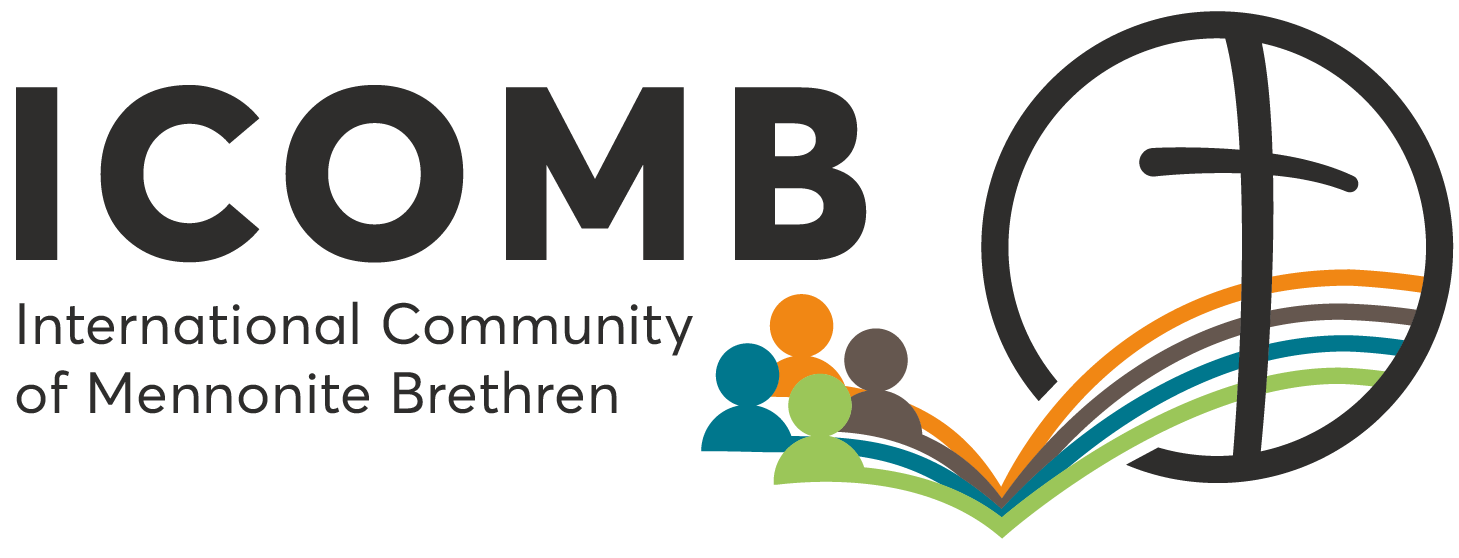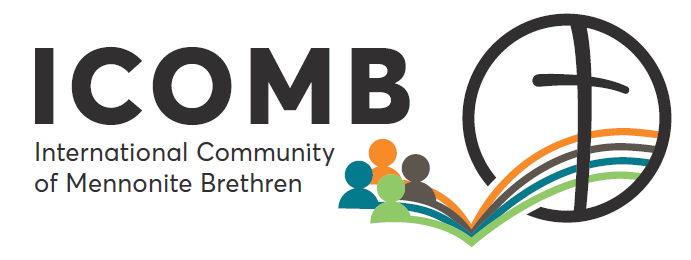I was enjoying a fast trip through 1 and 2 Thessalonians this morning, when suddenly I was stopped in my tracks by Paul’s instructions about the resurrection and ‘fate’ of the dead and the living at the end of time.
He only writes about this subject to the churches in Greece. That is, only in the letters to Corinth and Thessalonica is there this detailed instruction. (A quick check in Philippians – “Little Rome” – reveals only a reference to the resurrection connected to his personal sacrifices).
Why?
The answer is found in Acts 17 where Paul had the chance to teach the gospel of Christ to the Athenian leading thinkers. Athens was the cultural center of that region. Doubtless Paul had already done some of this teaching and sermonizing in Thessalonica and Berea before he got to Athens, but Luke records the Athens sermon because of its strategic significance. In fact, the Epicurean and Stoic philosophers wanted to hear him “because he was preaching Jesus and the resurrection” (Acts 17:18).
Luke records the end of the sermon thus: “[God] commands all people everywhere to repent because he has fixed a day on which he will judge the world by a man he has appointed; of this he has given assurance to all by raising him from the dead” (Acts 17:30-31).
At that point the meeting broke up as people openly mocked him (Acts 17:32). Resurrection was a cultural-religious challenge.
The churches of Corinth and Thessalonica were susceptible to the doubts raised by their cultural leaders.. Thus we have concentrated teaching in the books sent to these 2 churches, and interestingly nowhere else in Paul.
There are a couple of lessons here.
One: Remember that scripture comes to us from actual human contexts with specific issues.
For example I can’t read 1 Thessalonians 4:13-18 without thinking it’s about the rapture, because of the superhuman effort we’ve made to determine precisely when Jesus’ Second Coming will occur (Rapture before, during, or after the Tribulation…or the Millennium…or maybe the Millennium is already in place…so what does that do to the Second Coming?….etc etc.). But it’s not about “The Coming of the Lord” (the section title in my Bible) nearly so much as it is about “Courage About the Dead”.
Paul reminds the Thessalonians that he taught all of this earlier (1 Thess. 5:1-2; 2 Thess. 2:5). He had needed to invest this effort in that cultural context of powerful philosophical doubt of the resurrection of anybody.
Two: The resurrection and end-times have a moral implication. Any “mental games” we play to discern “when and how” are disastrous distractions from the primary purpose of this doctrine.
Paul’s sermon connected repentance with the coming of the Lord. The philosophers of Athens (and Corinth and elsewhere) ducked the implications by mocking the idea of the resurrection.
Today we duck the moral imperative of the end times by conjecturing when and how that might occur. By “we” I mean the church. Which dulls our witness to the world.
From these lessons, I suggest:
– Let’s not divide over when Jesus is expected to return. An a-millennialist is only a split-hair’s breadth away from a pre-trib-rapturist, not a heretic.
– Extrapolating from this – let’s remember that our doctrines originally came out of specific cultural contexts in which God’s people needed challenging and training. Truth was revealed in-context originally: it must be learned and applied in-context still.
– And then, let’s engage the cultural challenge implied with the resurrection: moral lives; sacrifice. For example, the church of the North practically doubts or doesn’t care about the resurrection because life is comfortable. But if the resurrection and Lord’s Coming implies an occasion when our ethics and practices will be judged, let’s not duck the issue by discussing the details of when or how Jesus returns. Let’s figure out the moral imperatives and face them head-on.






